[Chinese Culture Picking Bed] From the sacrifice of the moon, the moon, the moon, the moon to the prayer to the reunion, and see the evolution of the Mid -Autumn Festival customs
Author:Overseas Chinese University Time:2022.09.10


The Mid -Autumn Festival is one of the four traditional festivals in my country. It originated in the ancient times and popularized in the Han Dynasty. It was shaped in the early Tang Dynasty and prevailed after the Song Dynasty. Especially since the Tang Dynasty, the theme of the Mid -Autumn Festival has changed dramatically. The moon watching activities have intensified, but the customs of sacrifice the moon have become more and more diluted in the people. The serious sacrifice ceremony has become a relaxed and lively moon watching activity. How does this class come from?
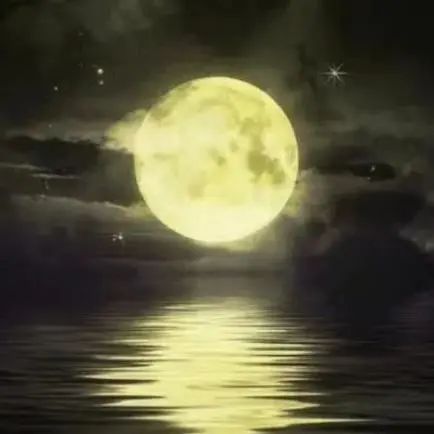
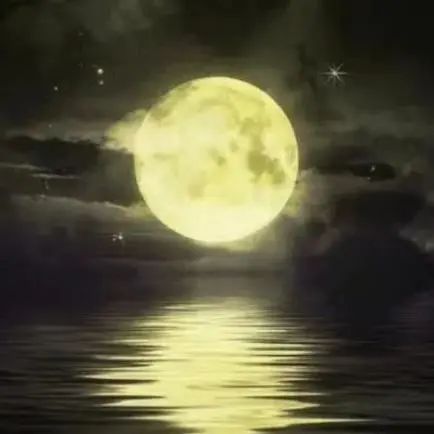
The moon sacrifice is an ancient sacrifice etiquette. In ancient times, the moon sacrifice was included in the royal ceremony and routine sacrifice. The ancestors believed that "the Japanese, the master of the yang; "Book of Rites · Sacrifice" records: "The sun is from the east, the moon is from the west, the yin and yang are short, and the end of each other, so as to the sum of the world." Therefore, the ancestors attached great importance to the sacrifice of the sun and the moon. Rihe Moon is the god of heaven and earth. The royal family calls the gods of the moon. Only the emperor can communicate with it, so the sacrifice of the moon becomes the "patent" of the royal family.
In ancient times, there was the saying of "Spring Festival Day, Autumn Festival Moon". According to historical records, as early as the Zhou Dynasty, the ancient emperors had the customs of the Spring Equins, Summer Solstice, Moon, and Winter Solstice. "Book of Rites" contains: "Tianzi Spring Asahi, autumn and evening. The Qin and Han dynasties inherited the Royal Moon Etiquette, and the Sun and Moon Temple was built in various places. Shi Zai, Qin Shihuang's sacrifice day in Chengshan, sacrificing the moon in Laishan. Emperor Hanwu "Xi Jiyue is 揖", that is, the gift of the sun and the moon. The Northern Wei Dynasty, Sui and Tang dynasties went to the Ming and Qing dynasties to use autumn equinox worship moon etiquette. During the Ming Shizong, the moon altar was built in Beijing, which was dedicated to setting up the altar at the autumn equinox to sacrifice the moon god at night. It is stipulated that every three years of sacrifice, the emperor of the ugly, Chen, Wei, and the year of the emperor personally sacrifice the moon in the Moon Altar. In other years, Wenchen sent a sacrifice day, and sent Wuchen to sacrifice the moon. Later, the Royal Moon Etiquette also spread to the people, and gradually became a kind of folk customs. People prayed for the moon god to descend the world and express a beautiful wish.
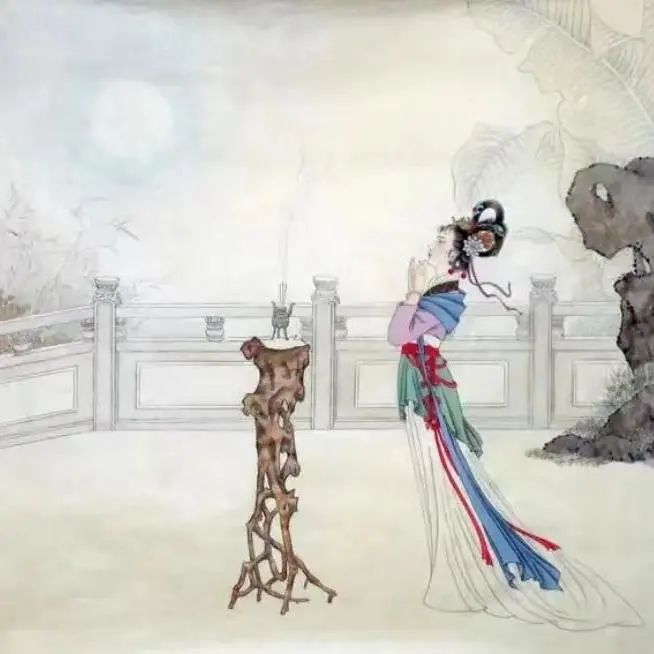
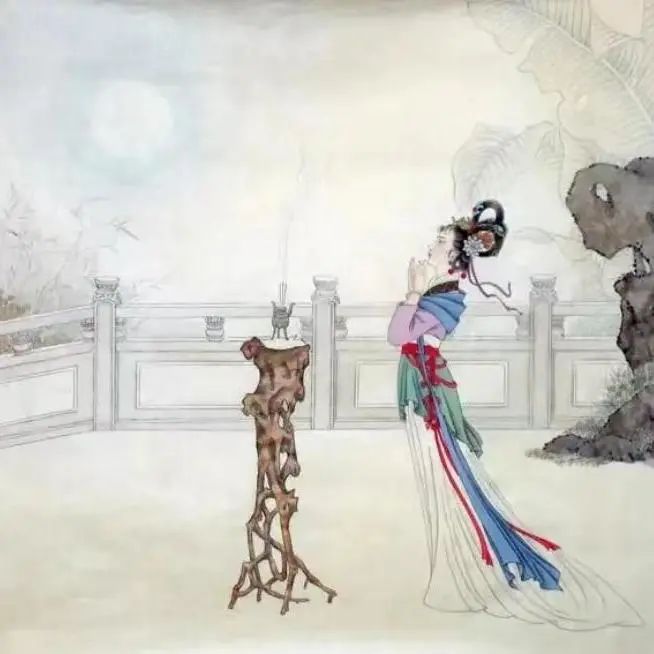
The day of autumn equinox is in August of the lunar calendar, but the specific date is different every year, so it may not be possible to catch up with Yuanyue. The sacrifice moon is not regrettable. Therefore, then people transferred the "Moon Festival" from autumn equinox to Mid -Autumn Festival. With the development and changes in the times, in addition to the ceremony of the moon sacrifice, Mid -Autumn Festival also has the custom of tour.
According to the "Jin Shu" records, as early as the Jin Dynasty, there was a vulgar view of Panjiang. In the Eastern Jin Dynasty, Jiankang (now Nanjing), general Xie Shangzhen, the west of the town, guarded Jinling Niuzhu. On the night of the Mid -Autumn Festival, he rafted the moon on the Niuzhu River, and he heard a poem on a boat. After a long time, he was appreciated and invited to talk. This person was Yuan Hong, a poor scholar. The identity of the two was very different, but at first sight, the poetry narrated until Tianming. Yuan Hong was praised by Xie Shang, and since then, this is the "Niu Zong Playing Moon" that has been talked about by future generations. In the fall of the fifteenth year of Kaiyuan, Li Bai passed through Jinling, drinking the moon in Niuzhu, and heard this paragraph, and then wrote "Night Bo Niu Niu Huo Ancient", feeling that he was pregnant and did not meet: "Niu Yue Xijiang Night, there is no cloud in the blue sky. Looking at the autumn moon, the empty memories of the general.
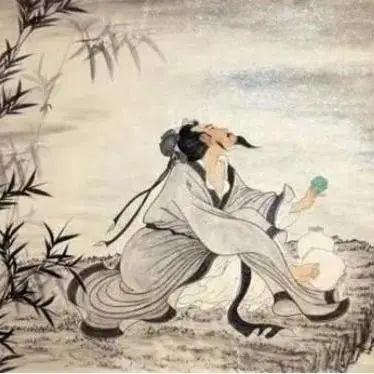
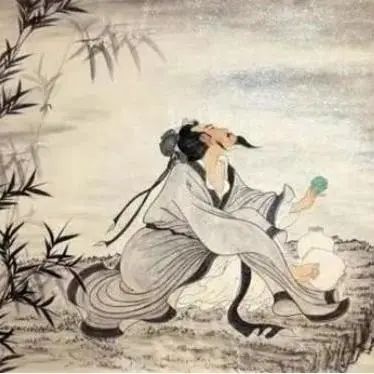
In the Tang Dynasty, the moon watching activities became more and more intense. The customs of the Mid -Autumn Festival in the Tang Dynasty were prosperous in the Tang Dynasty, and its content also incorporated the spirit of the era of openness, tolerance, free romance in the Tang Dynasty, and interpreting more legendary stories, such as Chang'e running the moon, Wu Gangbugui, Yutu pounding medicine, Tang Minghuang Ye Ye The myths and legends such as the Moon Palace are vivid and vivid, making the Mid -Autumn Festival culture full of magnificent colors and romantic and charming charm. "Taiping Guangji" records the story of Tang Xuanzong's night tour of the Moon Palace. On the Mid -Autumn Festival night during the Kaiyuan period, Xuanzong appreciated the moon in the palace. Practice neon, dance in Guangting. Xuanzong then kept his tone, returned to the Lingguan, and wrote "Nigeria Feather Clothing Songs" according to his tone. The poet of the Tang Dynasty Bai Juyi once watched the performance of "Niushu Yu Yi Song" in the palace, and praised: "There are countless songs and dances, so I love neon dance."

In the Song Dynasty, the court and the folk moon viewing activities were already windy. "Tokyo Menghua Record" has such a description of the grandeur of the Liang Liang in Tokyo: "Mid -Autumn Festival night, noble family decorations, people compete for restaurants, silkworms, near the inner court residents The voice of the same way is like the cloud. Children in Lingli, play in the evening, night market, as for overnight. "
Moon cakes are the offerings of the moon gods in ancient Mid -Autumn Festival, in order to pray for their families to be safe and auspicious. Since the Tang Dynasty, eating moon cakes has become a festive food custom in the Mid -Autumn Festival, symbolizing reunion and harmony. It was popular in the court during the Northern Song Dynasty, and it was later passed on to the people. Su Dongpo has a poem: "The small cakes are chewing, and there are crispy and crickets." During the Ming and Qing dynasties, eating moon cakes in the Mid -Autumn Festival became a common custom of folk. The "West Lake Tour" written by the Ming people Tian Rucheng records: "August 15th is the Mid -Autumn Festival, the folk is given by moon cakes to get the righteousness of the reunion." Later, the moon cakes merged with the dietary customs of various places, and gradually developed a Cantonese -style style. , Beijing -style, Soviet -style, tide, and Yunnan -style, are loved by people from north and south of China. There are many local folk customs around eating moon cakes, such as the "Bu Chang Yuan" in Jiangnan: Cut the moon cake into three pieces of large, medium and small, stack together, and place the biggest on the "champion"; The smallest is on it, "Exploring Flowers". Then the whole family rolls the dice, who has the most digital, that is, the champion, eating large pieces; During the Ming and Qing dynasties, the Mid -Autumn Festival had been named with festivals such as the Spring Festival and became one of the important festivals of the year. In many places, special customs such as burning fragrance, tree Mid -Autumn Festival, tower lamps, sky lanterns, and dancing dragons are formed. "Yanjing Shi Ji Ji" said: "Every Mid -Autumn Festival, Zhumen, the man of the house, will be given by moon cakes and fruits. By the time of the Yuan Dynasty, Chen Guagu was in court for the moon and worshiped the hair beans and cocks. Also, Hao Chong is empty, Caiyun is first scattered, a cup of cups, children's noise, really the so -called festivals. " Full of the building. In January for a few days, a century -old rare Mid -Autumn Festival. Chrysanthemum treats Chongyang for a long time, Guizi Xiang heard the upper world. The "Mid -Autumn Festival" depicts gorgeous.
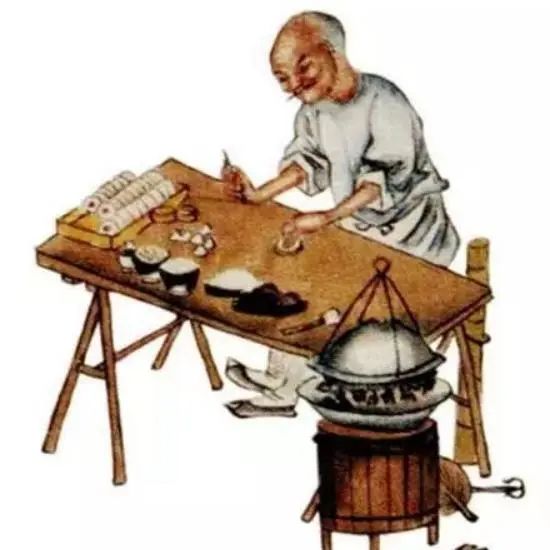

Throughout the ages, people worshiped the moon and appreciated the moon, and they kept a few feelings and expressed how much feelings. Whether it is Li Bai's chanting sigh, "The moon is out of the heavenly mountains, the vast clouds of clouds", or Wang Jian's emotion of "tonight Ming people look at the people, I don't know who Qiu Zi Luo", all of them are immersed in the feelings of Mingyue Qiu thought. The Mid -Autumn Festival Moon Poetry is vast and sweaty, and it is still Su Shi's "When is the Mingyue", which is the most breathtaking, and his heart is surging. In the 9th year of Xining in Xining, Su Shi drank the moon and enjoyed the moon. He hadn't met with his brother Su Zhe for seven years. In my heart, facing the Mingyue, Yin chanting "when the moon is available, and ask the wine to ask the blue sky".

Source | Qilu Evening News
Edit | Wang Han Zhang Jiamei
Responsible editor | Sun Xiaoyu Liu Pei
Supervision | Zhang Luoying

- END -
Love genius, love life that never slacks -about the "Basic Law of Genius"

Wen | Yue WenResearcher at the Innovation Research Department of the Chinese Write...
Wuhan's Capital of East Asian Cultural Capital 丨 The 36th Popular Film Hundred Flower Awards Ceremony series activities opened in Wuhan

Wuhan, which is creating the capital of East Asian culture, ushered in a grand eve...